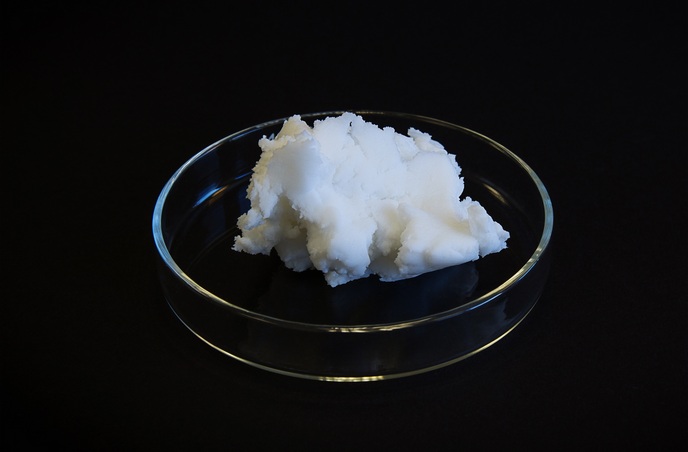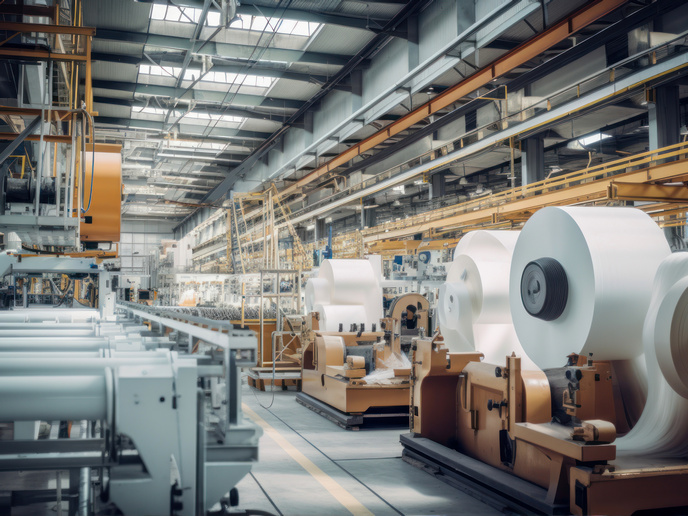Advanced lightweight materials are key to greener value chains
Advanced lightweight materials are crucial for a more circular economy; reducing the weight of components while enhancing performance, they improve resource efficiency and help decarbonise industrial operations. “Yet, these materials are unevenly adopted across sectors, limiting their potential,” says Annabelle Sion, coordinator of the EU-supported AMULET(opens in new window) project. Focusing on four sectors – automotive, aerospace/aeronautics, energy and construction – AMULET explored how to maximise the benefits of advanced lightweight materials and manufacturing techniques. Doing so helped 38 small and medium-sized enterprises (SMEs) across 15 projects develop innovative solutions, with over 150 SMEs profiting from capacity building initiatives. Additionally, over 200 SMEs were financially supported, directly or indirectly, from a pot of over EUR 3 million.
All for one, one for all attitude gives SMEs a competitive edge
AMULET’s consortium members leveraged their extensive industry network to launch an open competition of 41 challenges to be solved by European SMEs. “Competing SMEs knew that meeting the needs of these larger companies, meant an easier access to market for their solutions,” adds Sion. AMULET’s support for the competing SMEs was wide-ranging. Firstly, feasibility studies and targeted research and development interventions helped advance the technology readiness level of the lightweight materials and manufacturing under development, aiming for operational demonstrations. Meanwhile, targeted SME training and capacity building ensured the availability of the necessary skills and knowledge, such as the latest trends, best practices and technical advances. “Building the capacity to implement new technologies, while embedding sustainability goals into manufacturing from the start, ensures that SMEs stay competitive in a fast-evolving market,” notes Sion. Personalised business-to-business (B2B) coaching also helped SMEs refine their business models, scale innovations and identify market opportunities. “During these support stages, we asked the SMEs working together as a consortium to always outline the impact of their solutions and how they were creating new cross-border value chains,” says Sion.
Challenges to ensure advanced materials benefit key sectors
The automotive challenges highlighted in particular thermoplastic materials and embedded sensors to promote recyclability and sustainability in vehicle design and manufacturing. For aerospace, integrating advanced materials such as high-strength alloys and nanocomposites, was of interest for fuel efficiency and reduced maintenance costs. These materials also hold promise for accommodating increased passenger and cargo capacity, while still complying with safety and environmental standards. In the energy sector, the focus was on polymer-based composites in wind turbine technology and biodegradable materials to meet recycling needs in the transition to zero CO2 emissions. Within construction, materials were developed that were not only durable and high-performing, but also energy-efficient and recyclable. A key project aim was maximising synergies between the four sectors, by building links between participants, creating networking opportunities and facilitating technology and knowledge transfer. A good example was demonstrated in the ‘ChildSeat’ project, winner of the first prize in the AMULET awards(opens in new window). “Working with a thermoplastics company and an injection moulding company, ChildSeat manufactured a headrest for a child seat from carbon fibres recycled from snowboard production waste cuttings,” explains Sion.
Innovation roadmap for a thriving industrial ecosystem
Sion is hopeful that the recent European strategy on advanced materials(opens in new window) will cultivate the kind of research network needed to more effectively leverage innovations in advanced lightweight materials and techniques. Indeed, contributing to the growth and competitiveness of this innovation ecosystem, AMULET has developed a policy roadmap(opens in new window) which includes recommendations such as those related to SME funding and support, cross-sector collaboration and skills investment.







